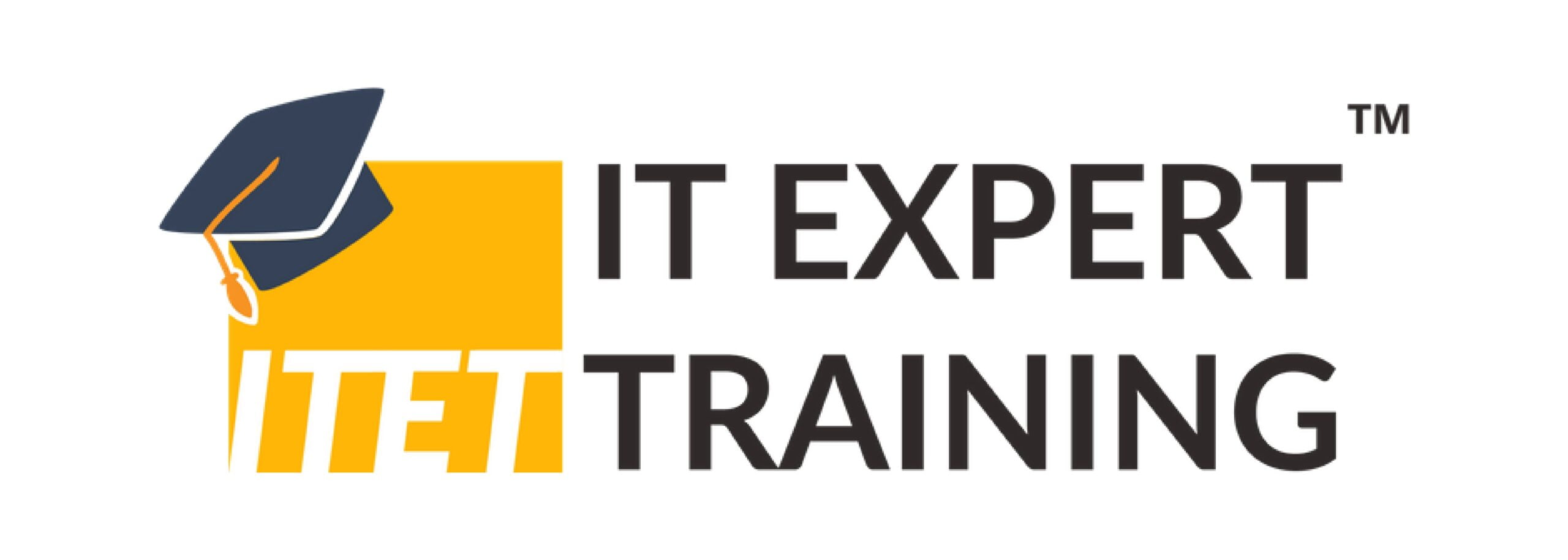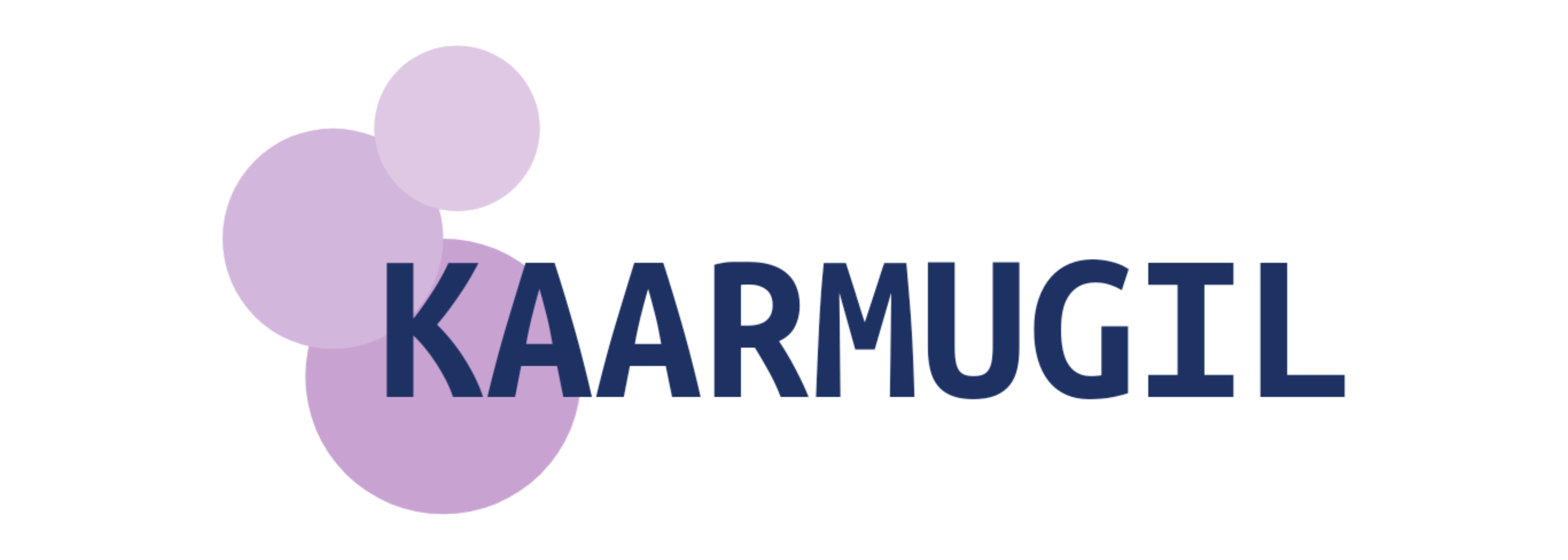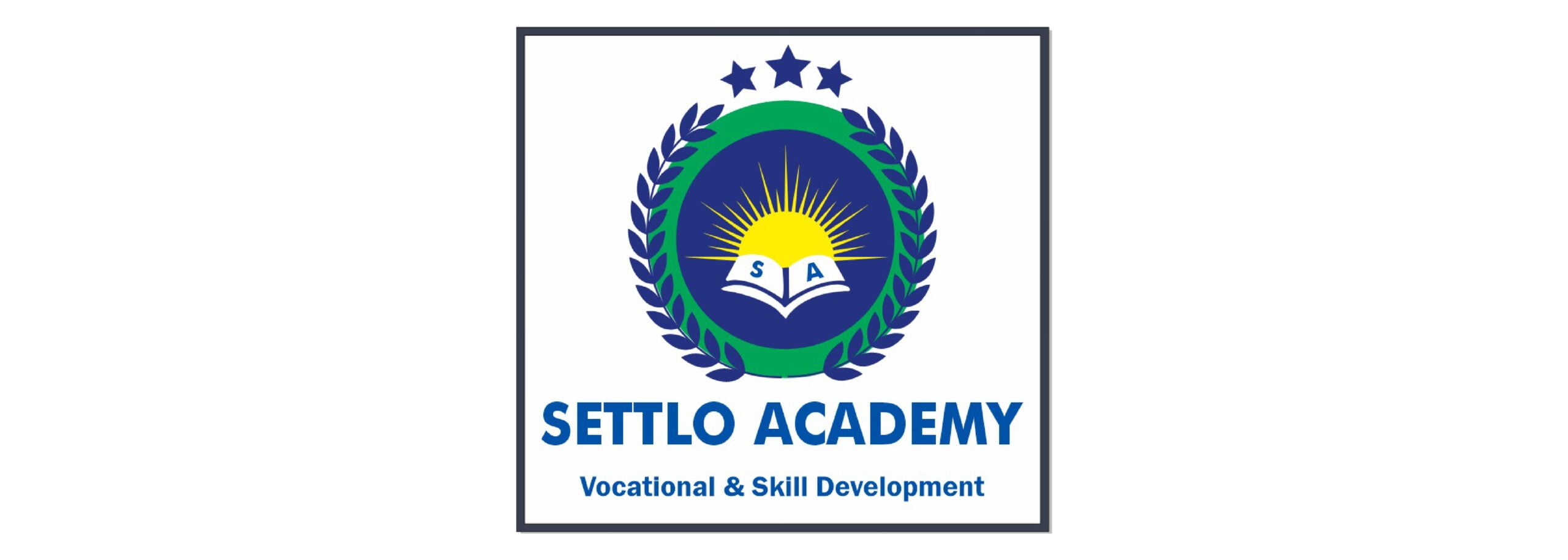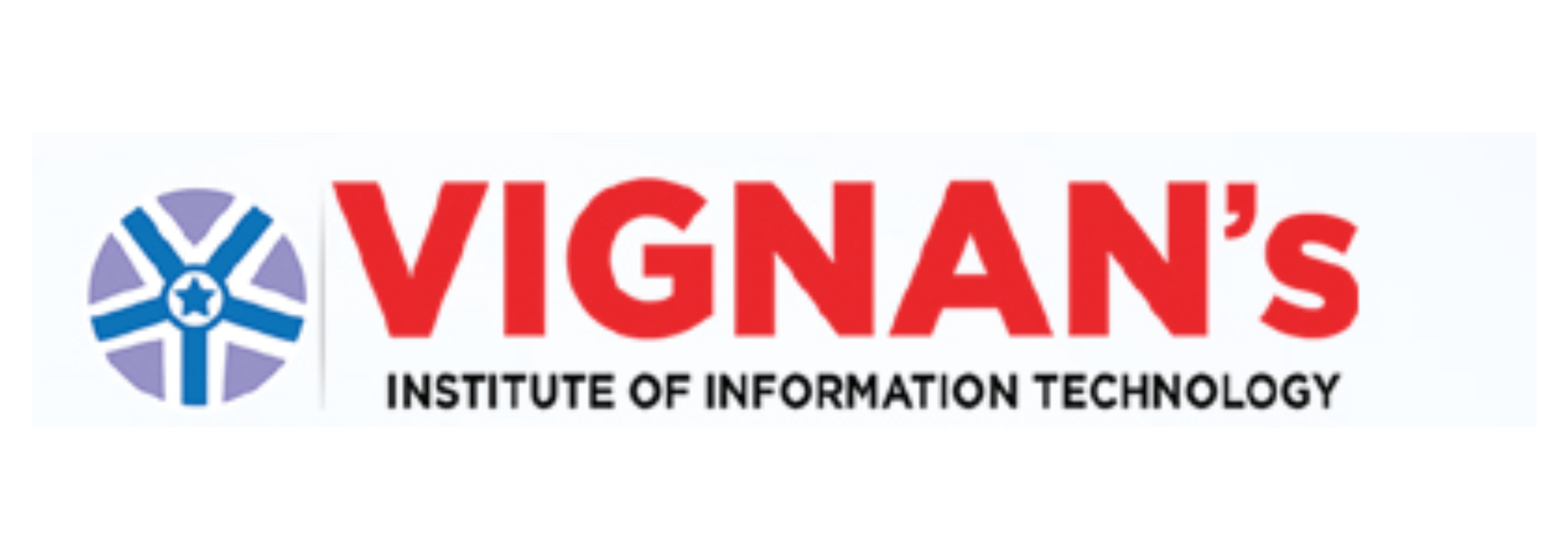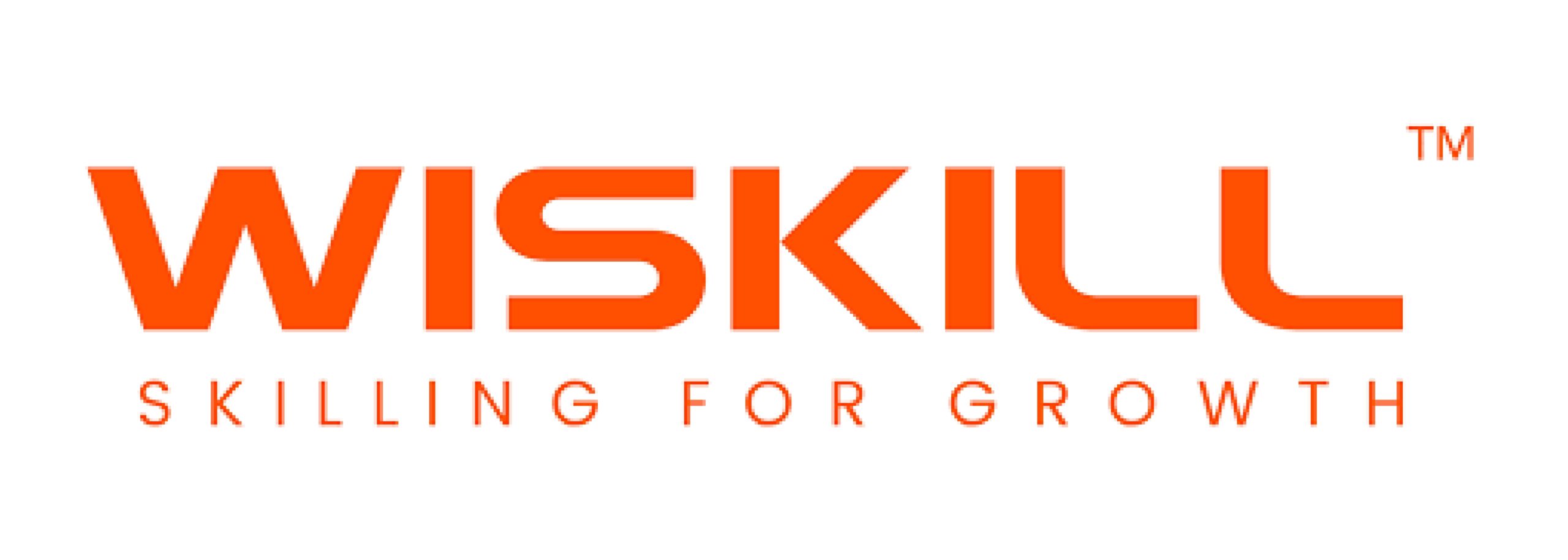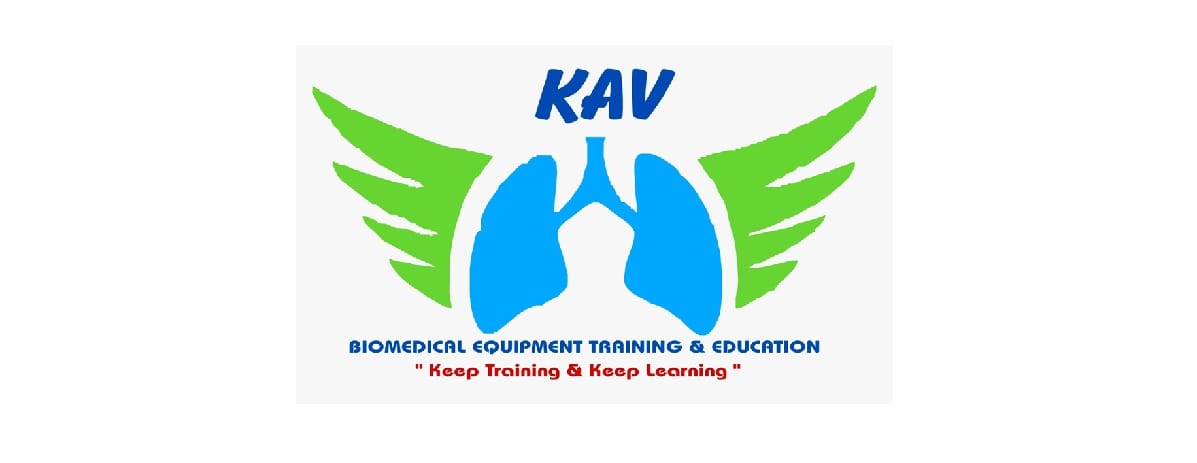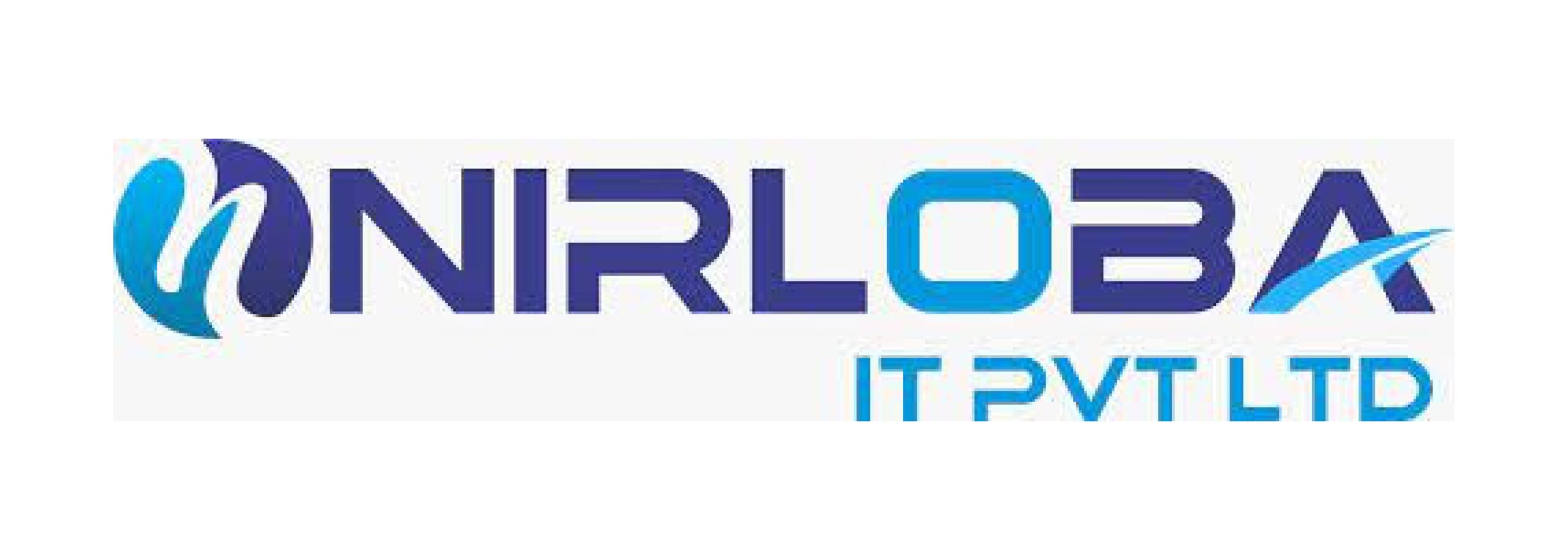Overview
The Department of Civil Engineering was established in 2013 and provides a four-year Bachelor of Engineering (B.E.) program in Civil Engineering, affiliated with Anna University, Chennai. The B.E. Civil Engineering programme is accredited by the National Board of Accreditation (NBA). The department aims to prepare engineers for the future workforce by offering a well-rounded faculty with expertise in areas such as structural engineering, soil mechanics, geology, environmental engineering, construction engineering and management, and water resources engineering. Civil Engineering is one of the oldest and most crucial engineering disciplines, reflecting the lifestyle of the average person. The department is equipped with excellent laboratory facilities that address the educational needs of undergraduate students and support consulting endeavors. Faculty members have been recognized with various awards for their teaching excellence from different organizations. Students have successfully continued their education at prestigious institutions in India and abroad. Additionally, the department has received funding from SERB and TNSCST, and faculty members have contributed quality research published in high-impact journals.
Vision
To produce competent and ethical civil engineers to serve the society
Mission
- To impart life-long learning to become ethical competent engineers
- To provide conducive Environment to learn contemporary technologies
- To instil the habit of learning real-time societal problems and provide solution
Programmes
Program Educational Objectives
PEO1:
Equip students to design civil engineering solutions with a focus on ethics, competence and lifelong learning
PEO2:
Prepare students to manage risks and apply contemporary technologies to ensure safe and reliable structures
PEO3:
Foster continuous learning and problem-solving skills to address real-time societal challenges
Program Outcomes
1. Engineering Knowledge
Apply the knowledge of mathematics, science, engineering fundamentals and an engineering specialization to the solution of complex engineering problems.
2. Problem Analysis
Identify, formulate, review research literature and analyze complex engineering problems reaching substantiated conclusions using first principles of mathematics, natural sciences and engineering sciences.
3. Design/development of solutions
Design solutions for complex engineering problems and design system components or processes that meet the specified needs with appropriate consideration for the public health and safety and the cultural, societal and environmental considerations.
4. Conduct investigations of complex problems
Use research-based knowledge and research methods including design of experiments, analysis and interpretation of data and synthesis of the information to provide valid conclusions.
5. Modern Tool usage
Create, select and apply appropriate techniques, resources and modern engineering and IT tools including prediction and modeling to complex engineering activities with an understanding of the limitations.
6. The Engineer and Society
Apply reasoning informed by the contextual knowledge to assess societal, health, safety, legal and cultural issues and the consequent responsibilities relevant to the professional engineering practice.
7. Environment and Sustainability
Understand the impact of the professional engineering solutions in societal and environmental contexts and demonstrate the knowledge of, and need for sustainable development.
8. Ethics
Apply ethical principles and commit to professional ethics and responsibilities and norms of the engineering practice.
9. Individual and team work
Function effectively as an individual and as a member or leader in diverse teams, and in multidisciplinary settings.
10. Communication
Communicate effectively on complex engineering activities with the engineering community and with society at large, such as, being able to comprehend and write effective reports and design documentation, make effective presentations and give and receive clear instructions.
11. Project management and finance
Demonstrate knowledge and understanding of the engineering and management principles and apply these to one’s own work, as a member and leader in a team, to manage projects and in multidisciplinary environments.
12. Life-long learning
Recognize the need for and have the preparation and ability to engage in independent and life-long learning in the broadest context of technological change.
Program Specific Outcomes
PSO1: Professional Skill Development :
Graduates will plan, analyze, design and prepare detailed technical reports on civil engineering projects
PSO2: Analytical Skill and Problem Solving Expertise
Graduates will organize, create detailed designs, compose specifications and perform cost estimation
PSO3: Project development skill
The graduates will acquire knowledge of building analysis using modern software packages to hone their analytical skills
 Overview
Overview Vision
Vision Mission
Mission

